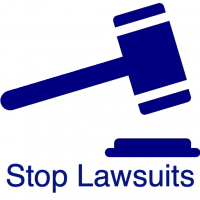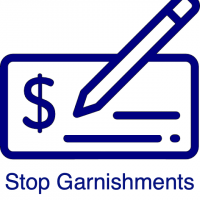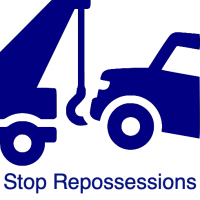chapter 7 and your property
A Chapter 7 Bankruptcy is considered a liquidation. This means that filing a chapter 7 creates a bankruptcy estate that is controlled by a trustee. But this doesn’t mean that all of your property may be taken and sold.
In Tennessee you have exemption that cover a portion of your property that your creditors or a bankruptcy trustee cannot touch. In Tennessee the primary exemptions are a $10,000 personal property exemption and a homestead exemption. Therefore a portion of your goods, which include cash, deposits, and household furniture and electronics are exempt.
In most cases, all your assets are exempt. It is important to contact an affordable bankruptcy lawyer to make sure you can file a bankruptcy without losing any of your assets. Be careful filing alone, because there are pitfalls that the inexperienced may fall into. Unfortunately, once a Chapter 7 is filed, it is difficult to undo some of the negative consequences on your property.
if you have a home, you can keep it if your homestead exemption covers the equity. Depending on whether you have dependents, up to $50,000 in equity can be exempt by the homestead exemption. Therefore, if you have a mortgage, and your homestead exemption exceeds the equity you have in your house, you are not at risk of losing your home if you file a Chapter 7.
Call or click for a free appointment with an affordable bankruptcy attorney in Elizabethton, Johnson City, Kingsport, and surrounding areas in Tennessee and see how a Chapter 7 bankruptcy can have an effect on your property.








